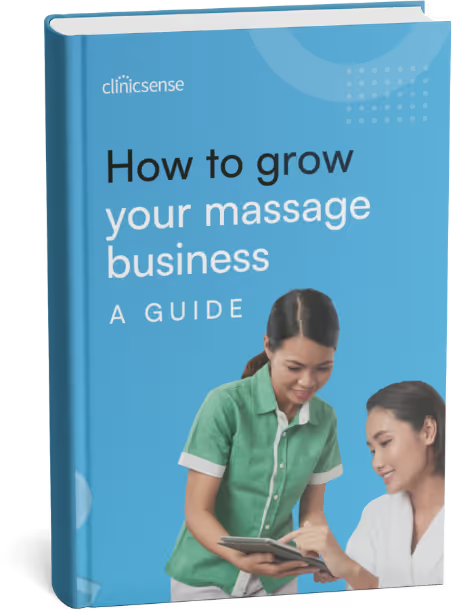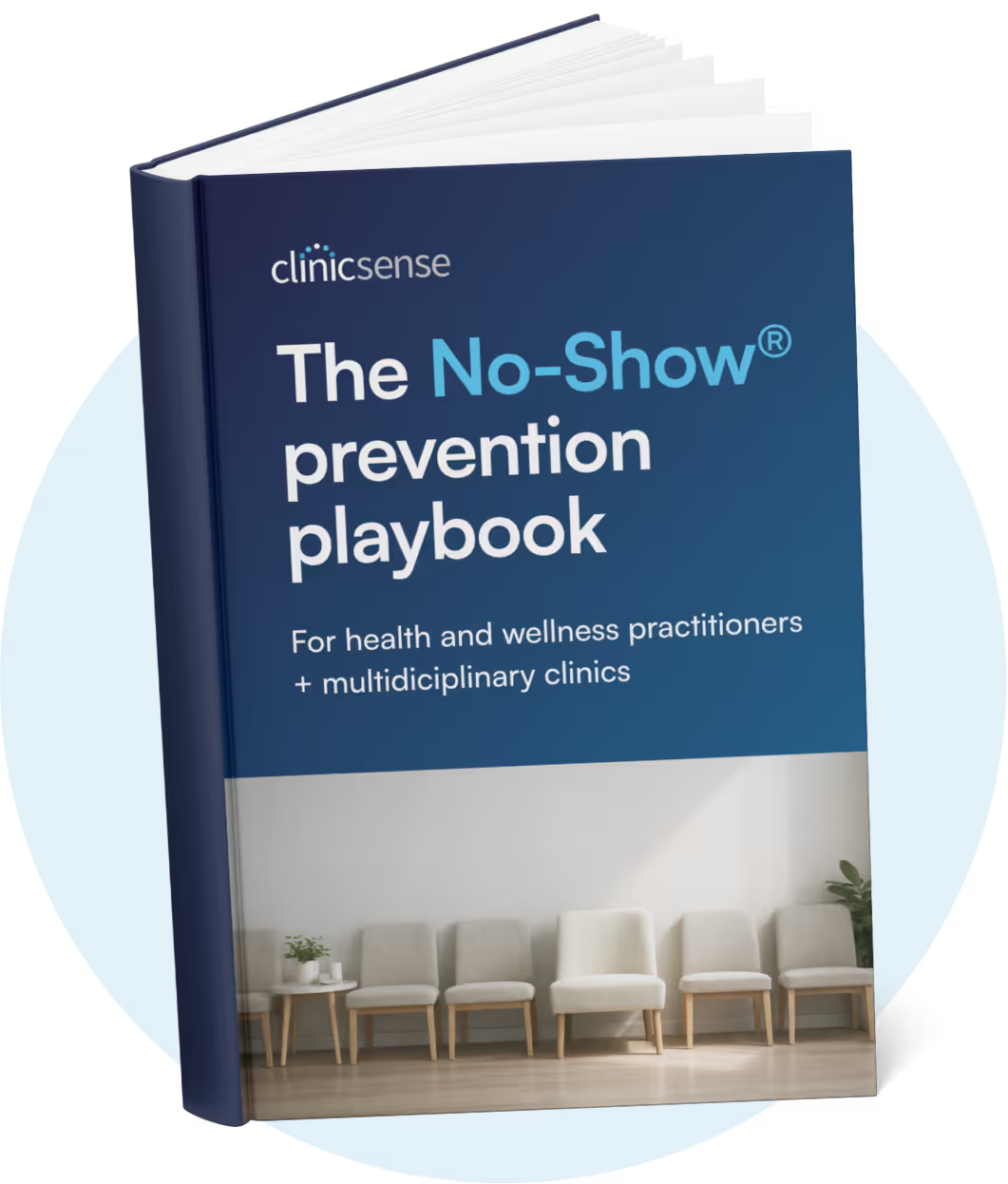Massage Therapy Business Tips
November 7, 2024

Finding the best massage lotions for your practice can make a huge difference in the quality of your service. From Swedish relaxation massages to targeted deep tissue work, choosing the right product helps you provide a better experience for your clients. This guide covers everything you need to know about selecting the ideal lotion, oil, cream, or gel for different massage types and client needs.
The best massage lotion depends on your massage modality. Oils offer smooth glide for Swedish massage, while creams provide control for deep tissue work. For facials, specialized lotions are ideal. It’s all about matching the product to your massage goals.
Swedish massage’s long, flowing strokes are ideal with oils, creams, or gels that absorb slowly, providing a lasting, smooth glide. These products reduce friction, making relaxation massage more comfortable for clients. Look for options that maintain their slip, ensuring an uninterrupted flow throughout the session.
In a clinical practice focused on pain relief, go for a massage cream that isn’t too greasy. A versatile, multi-purpose cream offers enough glide for deep tissue or trigger point therapy while still allowing control. For myofascial release, sometimes it’s best to skip the lubricant altogether.
Estheticians use lotions, creams, and cleansers tailored to their clients’ skin types. As a massage therapist, always ask if clients are comfortable with oil or lotion on their face—many prefer to skip it. If they decline, massage the face first before using any lubricant elsewhere. If using lotion, choose one that suits their skin type.
Selecting the right massage cream, oil, lotion, or gel can enhance the effectiveness of your session and ensure a comfortable experience for your clients. It’s important to consider the skin type of each client to provide the best results. Here’s a guide to choosing the right products based on different skin needs:
Creams or thicker oils like jojoba and almond are ideal for dry skin as they provide deep nourishment and long-lasting moisture. These products help replenish moisture, making them great for maintaining hydration during a massage session.
For clients with oily or acne-prone skin, lighter oils like grapeseed or fractionated coconut oil are suitable. They are non-comedogenic, meaning they won't clog pores, and they absorb quickly without leaving a greasy residue. Massage lotions can also be a good choice since they are lightweight and don’t leave a heavy layer on the skin.
Consider products with fewer ingredients and a hypoallergenic profile, like unscented massage creams or gels. Jojoba oil is also a safe option because it closely mimics the skin's natural oils and is less likely to cause irritation.
A versatile, multi-purpose cream works well for this skin type, offering a balance between moisture and control. A lighter lotion can be used for oily areas, while adding a bit more cream for drier patches ensures balanced hydration.
.avif)
The type of massage you’re offering is a key factor in choosing the right product. For relaxation-focused sessions, a massage oil or gel provides a smooth glide, ideal for flowing strokes. If your goal is pain relief through deep tissue work, a thicker massage cream—especially one with ingredients like menthol or CBD—can offer the right balance of control and therapeutic benefits.
Some clients are comfortable with any product—massage oils, essential oils, or lotions—while others dislike feeling greasy and prefer lighter options. That’s why it’s important to ask about their preferences. It can also be a great opportunity for introducing clients to your retail products, making selling retail products feel natural and not pushy.
This is a big consideration. In some cases, fragrance enhances the experience, like in aromatherapy massage. However, some clients are highly sensitive to scents—perfumes in massage lotions can cause skin irritation or even headaches. That’s why it’s crucial to ask clients about fragrance sensitivities before selecting a product. It’s always helpful to keepboth unscented and lightly scented options on hand.
Massage lotions are different from regular body lotions—they absorb slowly, staying on the surface longer to provide the glide needed for massage strokes without using too much product. Massage oils tend to be heavier and provide longer-lasting lubrication. Creams, which are thicker than lotions, absorb more slowly, making them ideal for deeperwork without frequent reapplication.
Always ask clients about any allergies or sensitivities before applying a product. Common allergens in massage oils and lotions include nuts, fragrances, and certain preservatives. Be sure to check labels if a client mentions specific concerns. Hypoallergenic options like pure jojoba oil or coconut oil are generally safe for most clients.
Many massage lotions and creams highlight special ingredients that offer added benefits. For example, menthol is often included in products for pain relief, while magnesium is great for easing muscle stiffness as it's best absorbed through the skin. Other common super ingredients include CBD, arnica, and various essential oils. Choose products based on your practice’s focus and your clients’ needs for the best results.
If using exclusively organic products is a priority for you or your clients, it will narrow down your choices. Fortunately, many organic massage lotions are available today, offering natural alternatives without synthetic additives. For instance, Earthlite partnered with TARA Spa Therapy to create an organic product line tailored for massage therapists. Selecting organic options can be a great way to align your practice with clients who prioritize natural ingredients.

Creating add-ons with specialized products is an excellent way to boost revenue without adding extra time to your sessions. Offering treatment packages that showcase unique products and their benefits can provide more value to clients seeking a personalized experience, making your services feel extra special.
Enhancing a massage session with essential oils can boost the therapeutic benefits, create a more immersive sensory experience, and increase your profit per session. This simple upgrade allows clients to enjoy tailored benefits like relaxation, stress relief, or energizing effects, adding a personalized touch to their treatment.
Massage lotions with CBD can be expensive, but they offer a range of therapeutic benefits that many clients find appealing. Offering CBD as a special upgrade allows you to meet client interest while justifying the higher cost, making it a win-win for both your clients and your business. However, cannabis and CBD are considered controlled substances, so using or selling them in your massage practice could put you at risk. Check with your local licensing body and association before using this product.
If you are a Canadian massage therapist, you should note that CBD use in massage therapy is subject to varying provincial regulations and guidelines from each province's licensing body, often requiring therapists to check THC limits, obtain client consent, and follow specific documentation rules.
For example, regulating massage bodies in Alberta, Ontario, and British Columbia have strict regulations around cannabis.
Be sure to check with your local regulating body before any use or sale of cannabis-based products (including hemp and CBD) to avoid any legal or professional reprecussions.
If you are an American massage therapist, you may be able to use CBD in treatments in some states, but regulations vary widely, often requiring compliance with state-specific laws on THC content and professional guidelines. Always be sure to check your local laws and licensing bodies before proceeding.
Facials, paraffin wax, and herbal compresses make for easy add-ons to massage services, adding a touch of luxury. Using special products in these treatments allows you to create a more elevated experience, giving clients an indulgent upgrade that feels truly pampering.
Incorporating hot stones into a massage can boost relaxation and improve circulation, while cold stones are great for reducing pain and inflammation. Pairing these with a topical analgesic that has heating or cooling properties can extend the therapeutic effects, providing relief long after the session ends.
Choosing the best massage lotions for your practice can do more than enhance client satisfaction—it can help you scale your business. High-quality products enable more effective treatments, attract new clients, and create opportunities for upselling. Investing in the right products lays the groundwork for sustainable growth and a thriving practice.
That goes for your software products too! With ClinicSense you save time and provide better care. ClinicSense is your new silent business partner; offering tools for better online booking, charting, financial health, client communication, and more, all in one place. Start your free trial today!


.avif)











For 14 days